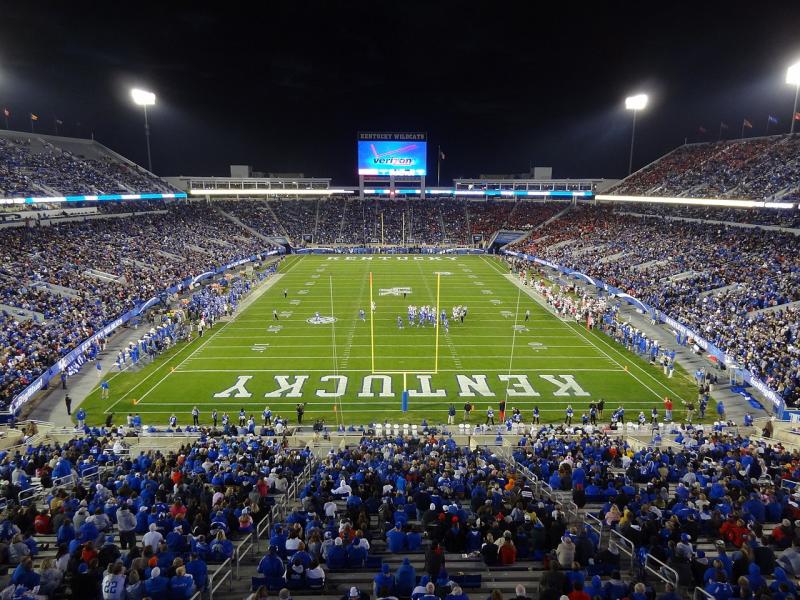
The Kentucky legislature is taking its second swing at legalizing sports betting after striking out last session.
Last year’s bill was perfectly good, with very competitive tax rates. That carries over to this year’s effort. The current bill, House Bill 137, would legalize sports wagering with a tax rate on in-person bets of 10.25%, and 14.25% for online.
These rates could certainly be lower, Nevada and Iowa have tax rates of just 6.25%. Still, they are solid, as tax rates on bets over 15% start to reduce betting activity. For legislators interested in using revenues to cover pension fund shortfalls, this should be of particular concern.
Kentucky should be looking to be as competitive as possible on taxes and regulation now. Sure, some of their neighbors might be pushovers. Tennessee passed one of the least competitive sports betting bills in the nation – with high tax rates, and unnecessary, costly giveaways to leagues. And Illinois’ 15% tax rate on bets remains one of the highest in the country (still behind Tennessee’s 20% though).
Yet, Indiana has very consumer and market-friendly sports betting laws, with a 9.5% tax rate on gross gaming revenues. It’s why they’ve been trouncing another neighbor, Illinois, on sports betting numbers. West Virginia also maintains a competitive 10% tax rate on revenues. Also, Ohio continues to inch toward action on sports betting, which would bring more competition to the table.
As is, Kentucky’s legislation can compete on taxes, but amendments proposed by Representative Petrie would drive those rates to a sky-high 29.25% for in-person bets, and 42.25% for digital. Petrie also proposed an amendment allowing local governments to bar sports betting and fantasy sports.
Needless to say, these proposals would kill sports betting if they somehow were attached to the bill.
While legislators fight off bad policy on taxes, there is language already in HB 137 that deserves a look.
The bill includes a provision that would allow sports leagues to approve or disapprove in-game betting. Even if you think in-game betting deserve extra scrutiny, there is no reason to think sports leagues alone can or should provide it.
Another provision would force sports betting operators to share data and information on betting activity with sports leagues. There is already information sharing with government regulators, and the operators themselves have the most incentive to maintain betting integrity and root out bad actors. Adding the burden of sharing this information with leagues only drives up costs for businesses, and does not improve integrity.
While less ridiculous than some policies discussed in other states – like direct payments to leagues (a.k.a. “integrity fees”), or mandates that betting operators must use official league data – these policies seem designed to give sports leagues power over other businesses for no reason.
Like the Astros, some sports leagues seem very interested in rigging the game to benefit themselves. Legislators should not give in and make government a willing accomplice.
Kentucky has a solid starting point on sports betting taxes, legislators should reject the bad ideas still on the table, and craft a final product that will help Bluegrass State sports betting industry compete and win.

